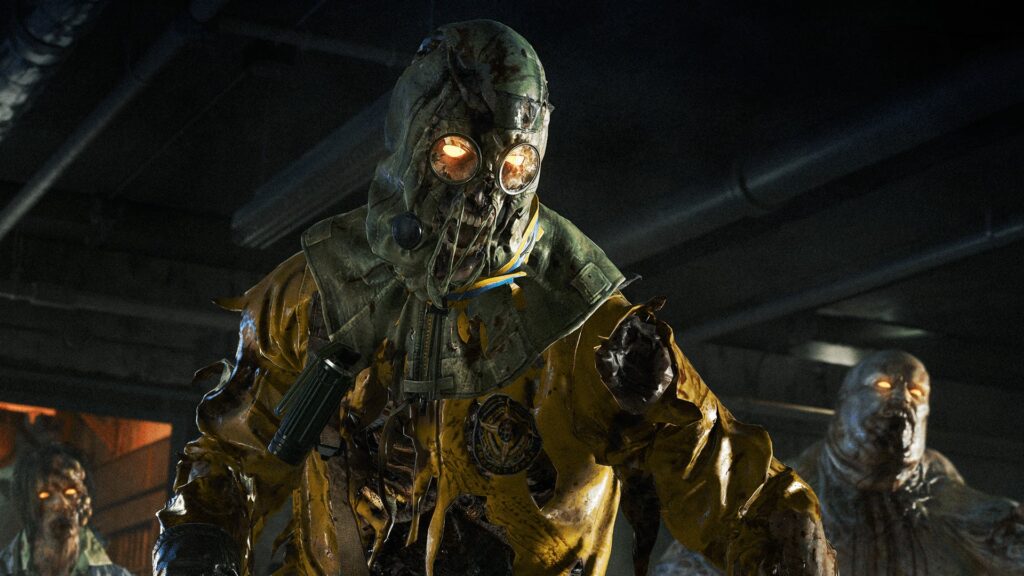The US Copyright Office has declined to grant a new exemption to the Digital Millennium Copyright Act that would allow libraries and archives to offer remote, digital access to out-of-market video games for verified researchers.
The proposed amendment, which we wrote extensively about back in May, was championed by the Software Preservation Network (SPN) as critical for game preservation. The group argues that due to equipment, technological, and supply limitations, the lack of digital availability of out-of-market games is a massive hindrance to researchers and academics, who may not live near a library that has a physical copy of a needed game available to check out.
However, groups such as the ESA opposed the amendment, claiming it would harm company's ability to make money off of retro games. In fact, one ESA lawyer argued that there was "[no] combination of limitations [ESA members] would support to provide remote access." In May, we reached out to every member of the ESA for comment on this matter, but only received one response back.
In the end, the Copyright Office sided with the ESA, stating that the SPN "did not show that removing the singleuser limitation for preserved computer programs or permitting off-premises access to video games are likely to be noninfringing." That doesn't mean the exemption is dead – there will be an opportunity to try again in three years, and the Copyright Office's response does seem to invite them to do so: "She recommends clarifying the single copy restriction language to reflect that preservation institutions can allow a copy of a computer program to be accessed by as many individuals as there are circumvented copies legally owned. This clarifying text will address the perceived ambiguity in the current exemption, while maintaining the single-user limitation’s intended purpose to minimize the risk of substitutional uses of preserved computer programs."
And in fact The Video Game History Foundation, which worked together with the SPN on the proposed amendment, has issued a statement expressing pride in the work advocacy groups did throughout the process, and indicating it's not giving up.
We’re not done fighting here. We will continue our advocacy for greater access and legal allowances for video game preservation and working with members of the game industry to increase internal awareness around these issues.
We encourage members of the game industry who are disappointed by the Copyright Office’s decision to ask their leadership to push for greater support for the work of libraries and archives within their industry groups.
The Video Game History Foundation published a study last year revealing that only 13% of classic video games published in the US are currently in release. 87% are currently unavailable.
Rebekah Valentine is a senior reporter for IGN. You can find her posting on BlueSky @duckvalentine.bsky.social. Got a story tip? Send it to rvalentine@ign.com.
Blogroll Image Credit: Daniel Boczarski/Getty Images
